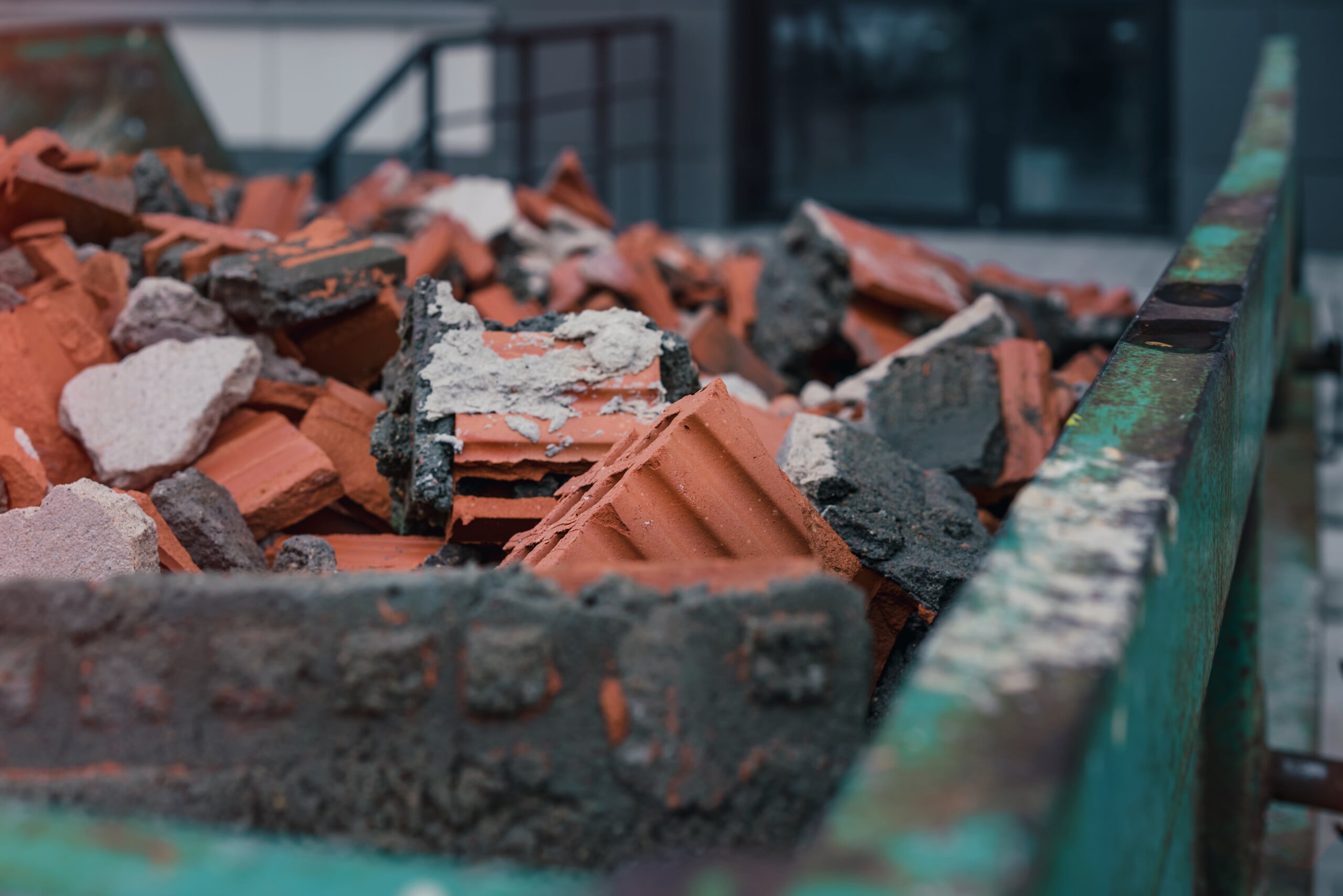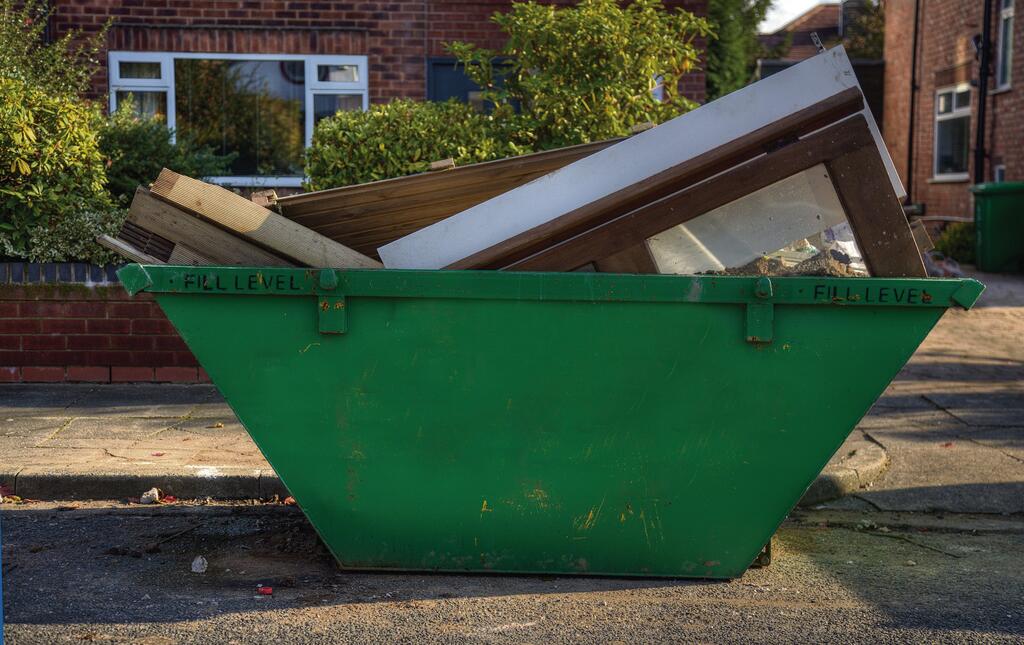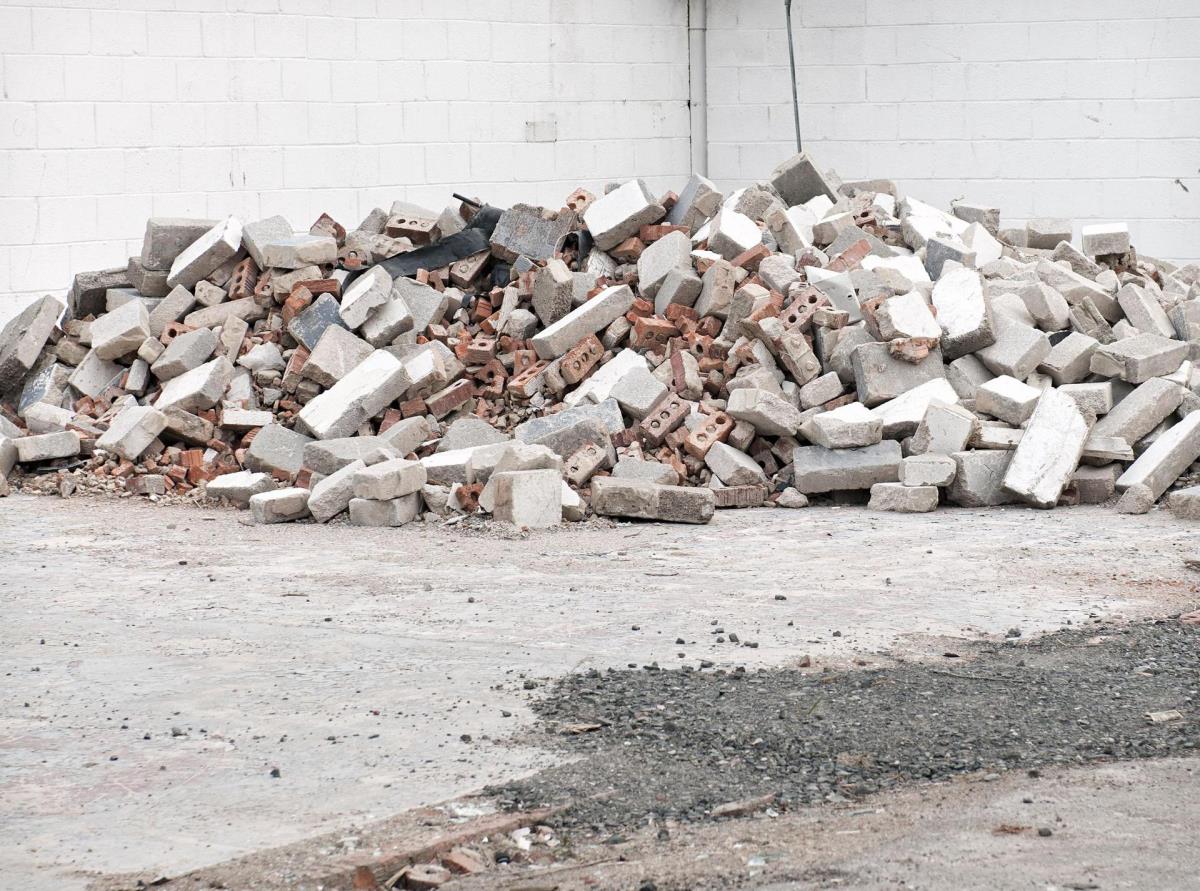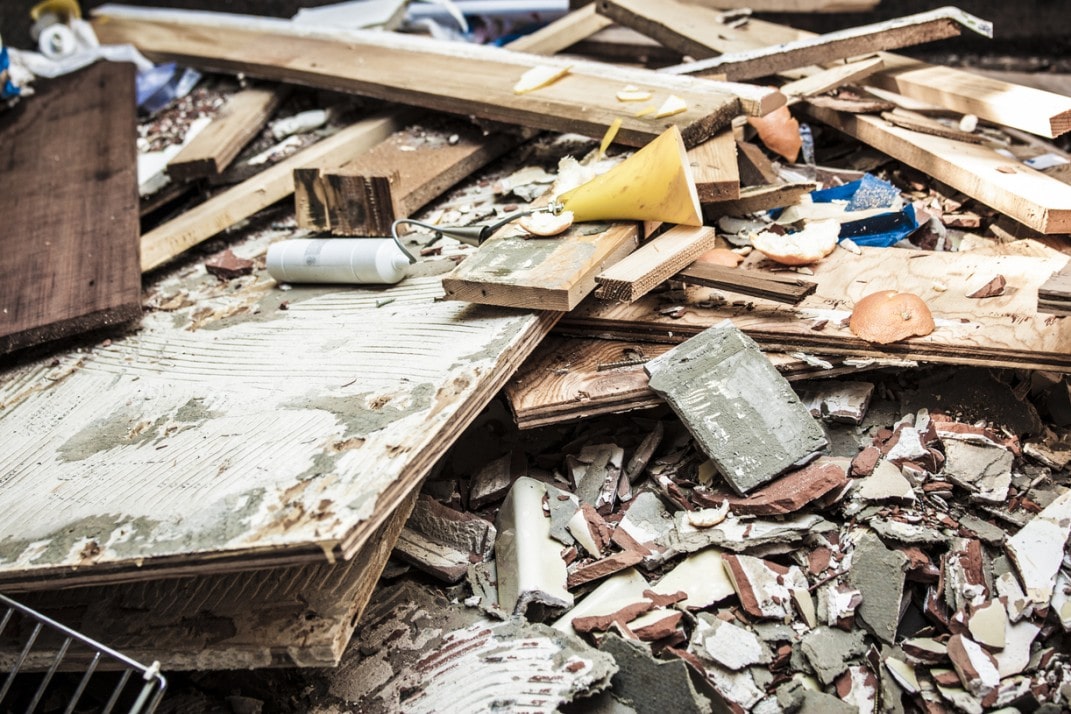10 Essential Waste Management Practices for Construction Managers
Efficient Waste Management Practices for Construction Sites
Construction sites generate a significant amount of waste, and it is crucial for construction managers to implement effective waste management practices to maintain a clean and safe work environment, while still adhering to regulations. By adopting these essential waste management practices, site managers can minimise environmental impact, improve project efficiency, and ensure worker safety. Learn about these proper waste management practices so you can implement effective strategies for construction debris disposal.


1. Waste Assessment and Planning
Before starting a construction project, conduct a thorough waste assessment to identify the types and quantities of waste expected. Develop a waste management plan that outlines strategies for waste reduction, recycling, and proper disposal. This plan should be communicated to all project stakeholders and contractors to ensure everyone is aware of their responsibilities.
2. Waste Segregation
Proper waste segregation is vital to maximise recycling opportunities and minimise landfill waste. Provide clearly labelled bins for different waste streams, such as general waste, recyclables, and hazardous materials. Train construction workers on the importance of waste segregation and ensure that they follow the guidelines consistently.
3. Recycling Programs
Implement robust recycling programs on construction sites to divert recyclable materials from landfills. Identify local recycling facilities and establish partnerships for the collection and processing of recyclables. Materials such as concrete, metal, wood, and plastic can often be recycled, reducing the environmental impact of the construction project.
4. Hazardous Waste Management
Construction sites often generate hazardous waste, such as chemicals, paints, and solvents. It is crucial to handle and dispose of these materials safely to protect the environment and human health. Follow proper protocols for storing, labelling, and disposing of hazardous waste in accordance with local regulations.
5. Composting Organic Waste
Construction projects may generate organic waste, including vegetation, sawdust, and food waste. Implement composting programs to recycle these materials into nutrient-rich soil amendments. Composting reduces the volume of waste sent to landfills and promotes sustainability by returning organic matter to the ecosystem.

6. Efficient Material Procurement
Minimise waste generation by optimising material procurement processes. Order materials in the exact quantities needed to avoid excess waste from unused materials. Explore opportunities to use recycled or reclaimed materials, reducing the demand for new resources.

7. On-Site Material Reuse
Encourage on-site material reuse whenever possible. Salvage and repurpose materials from demolition or renovation activities for future construction projects. This practice not only reduces waste but also lowers costs and promotes sustainability.
8. Training and Education
Provide training and educational programs to construction workers regarding waste management best practices. Ensure that all workers are aware of the waste management plan, proper waste handling procedures, and the importance of their individual contributions to the overall waste reduction efforts.
9. Monitoring and Reporting
Establish a monitoring and reporting system to track waste management performance. Regularly assess waste generation, recycling rates, and waste diversion metrics. Use this data to identify areas for improvement and implement corrective measures as necessary.
10. Continuous Improvement
Embrace a culture of continuous improvement in waste management practices. Stay updated on industry advancements, technologies, and regulations related to waste management. Regularly review and refine the waste management plan to incorporate new strategies and enhance overall efficiency and sustainability.
By implementing these 10 essential waste management practices, construction managers can significantly reduce the environmental impact of construction projects while promoting worker safety and project efficiency. At Green Skip Bins Adelaide, we understand the challenges construction managers face in waste management. We offer tailored solutions and expertise to guide you through the process, ensuring that your waste management practices align with the highest standards of sustainability and compliance.
If you’re looking for a comprehensive construction site waste management solution, let us partner with you so you can stay ahead of your waste problems.
Contact Us
OPENING HOURS
Monday to Friday
7:00am – 6:00pm
Saturday
7:00am - 4:00pm
Sunday & Public Holidays
By Appointment
